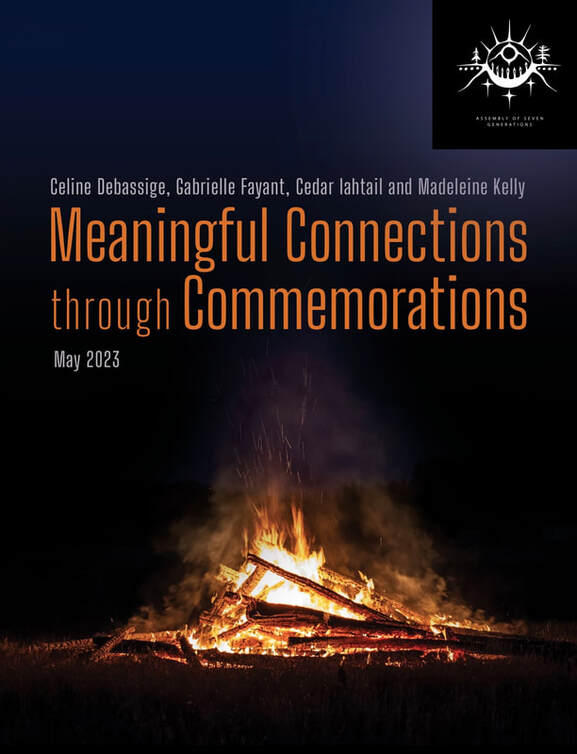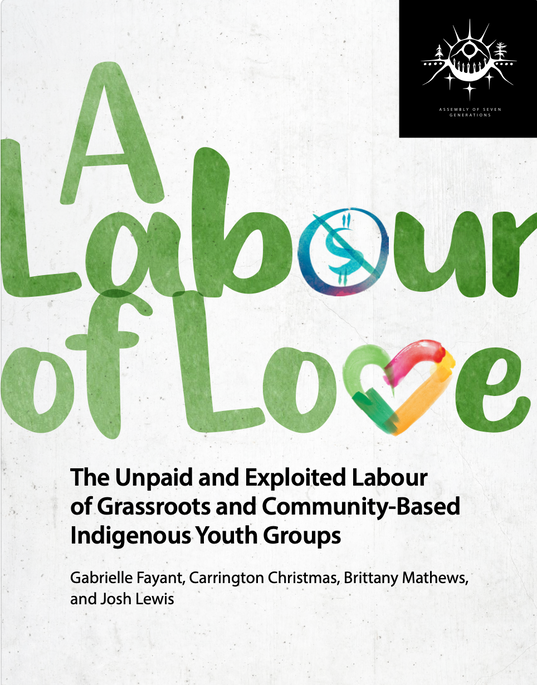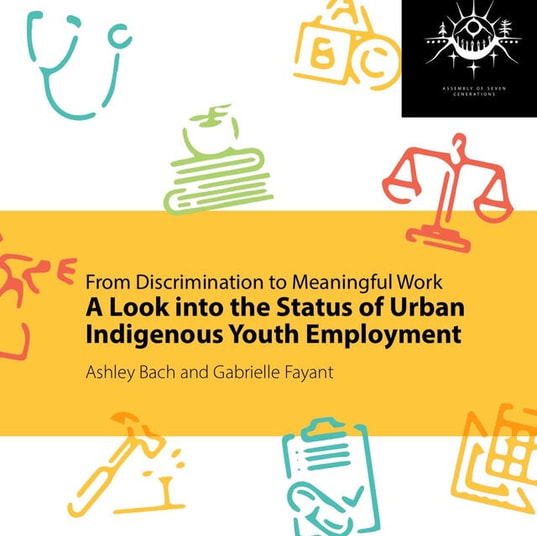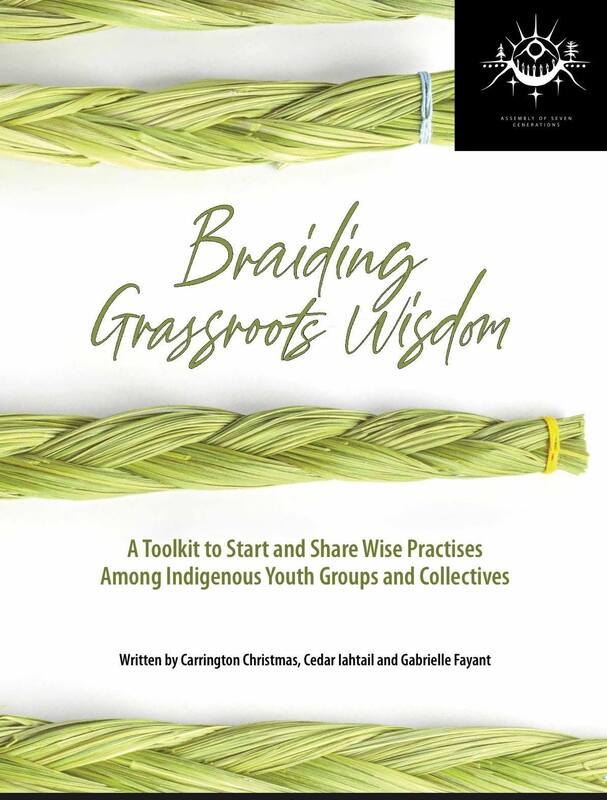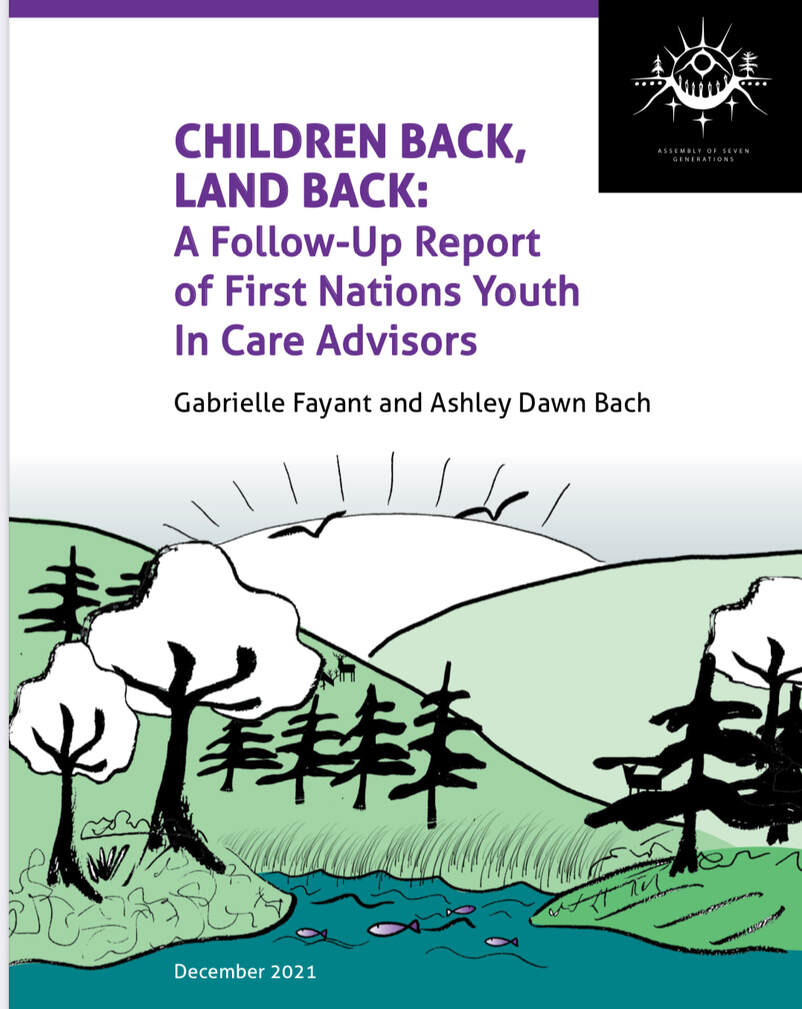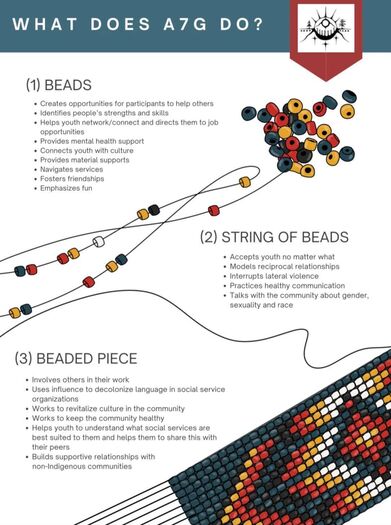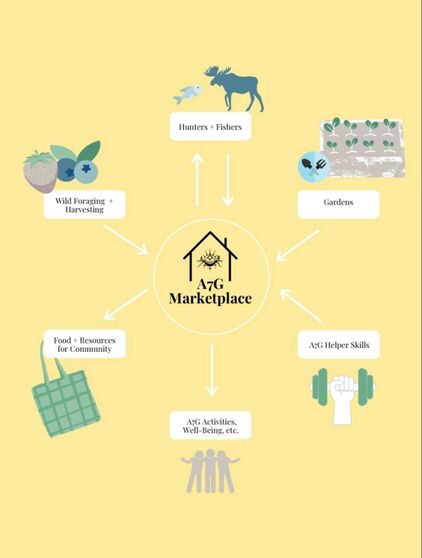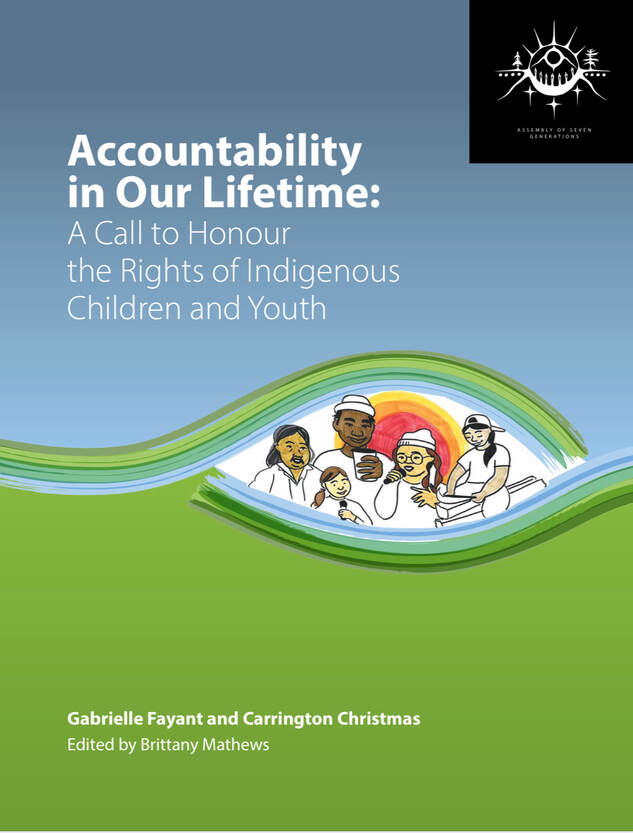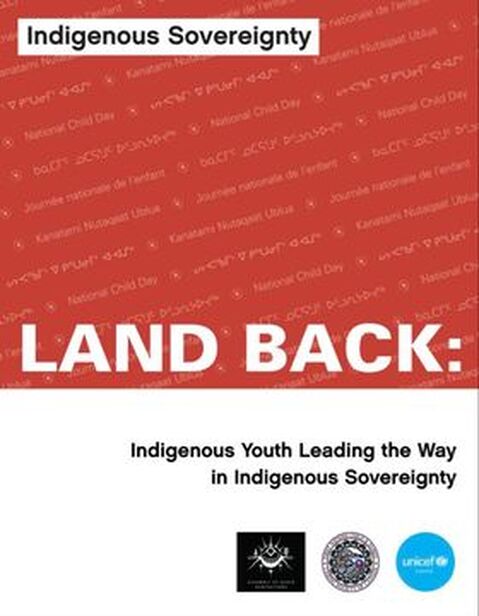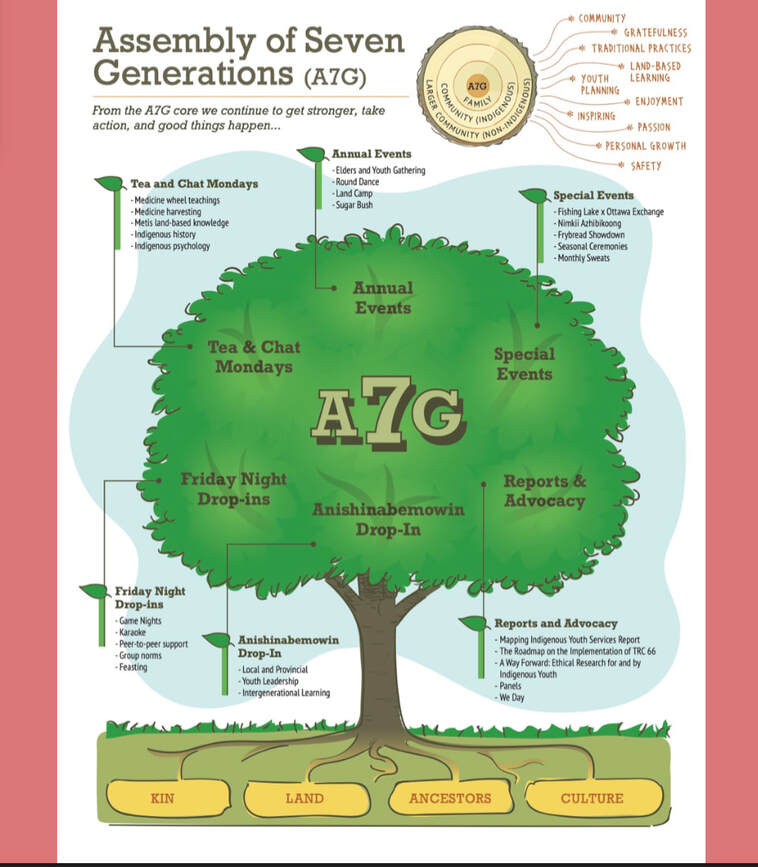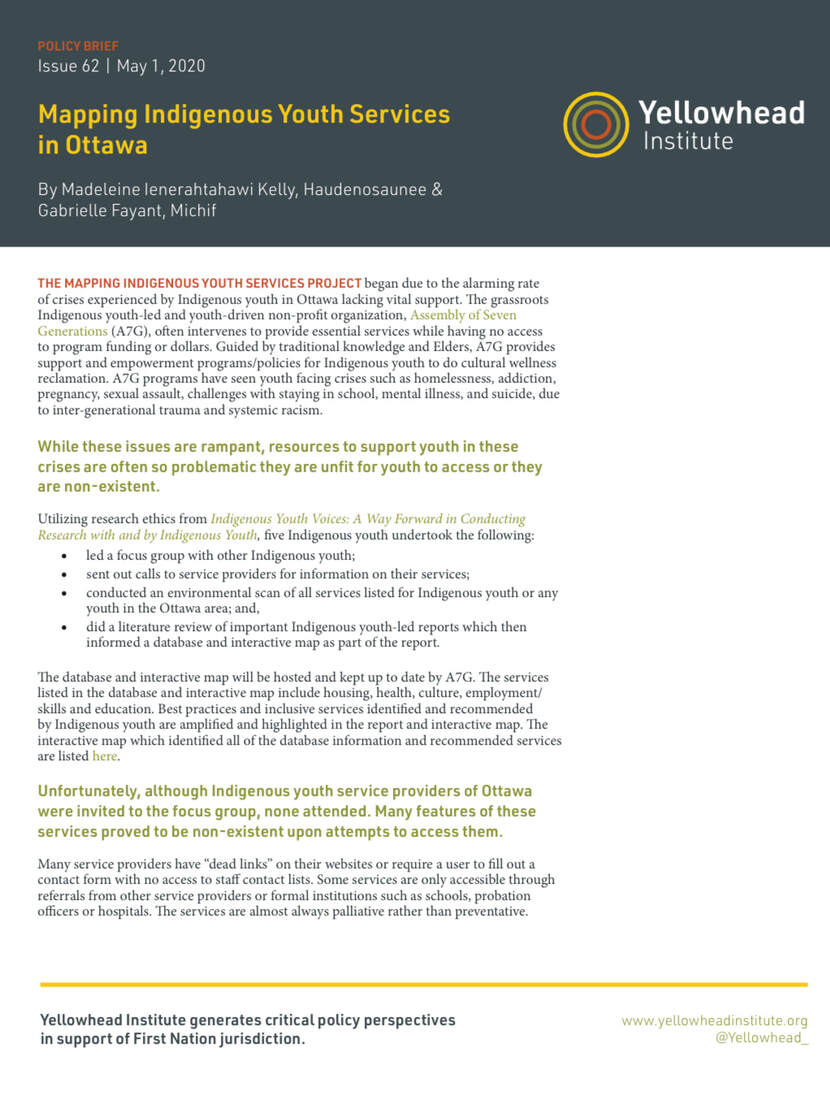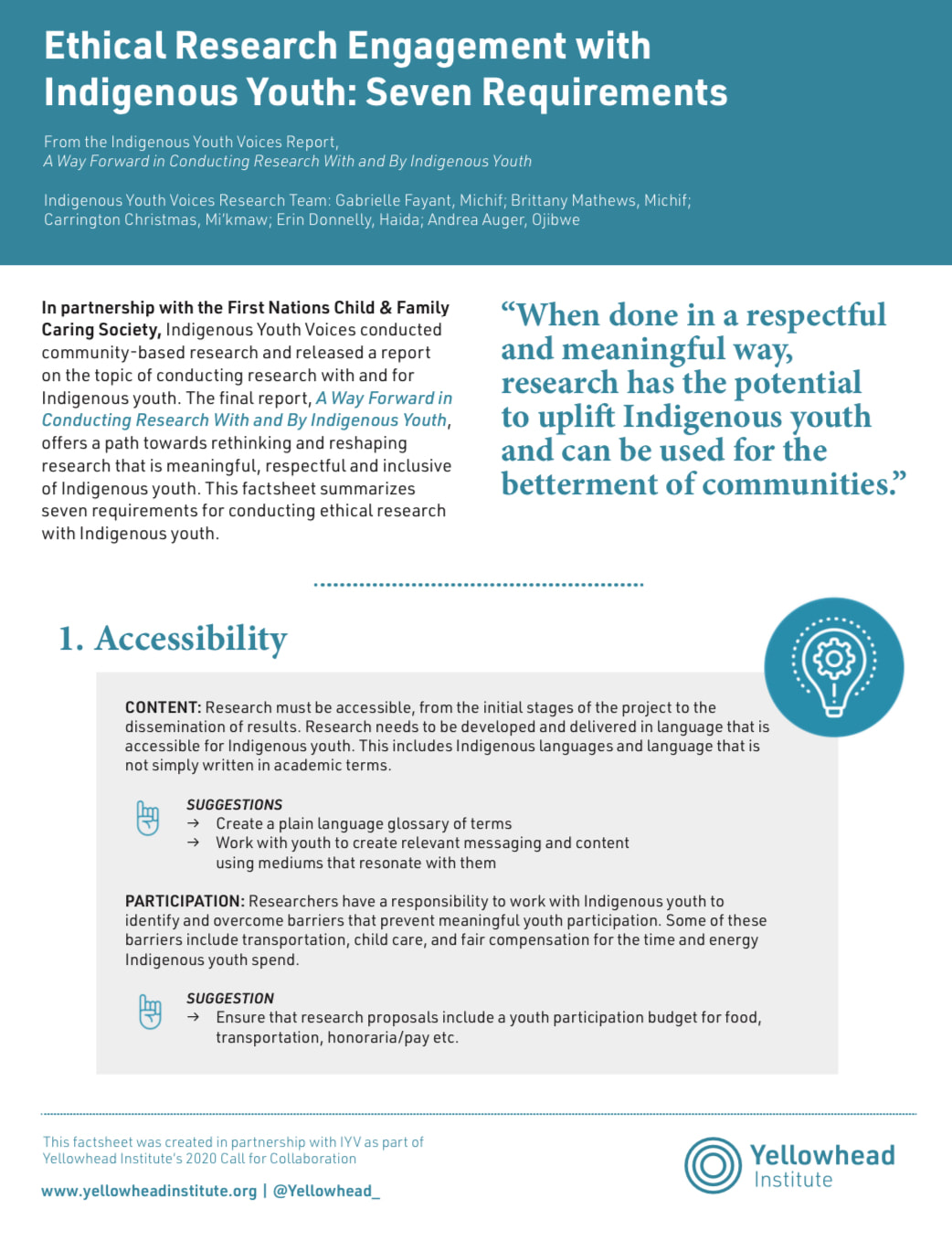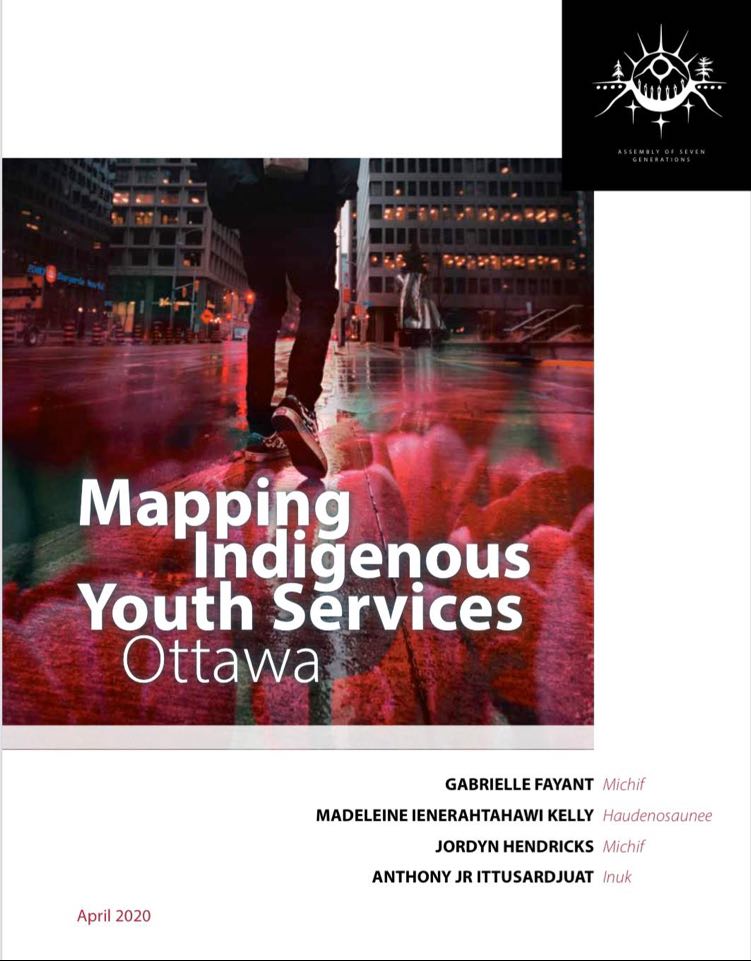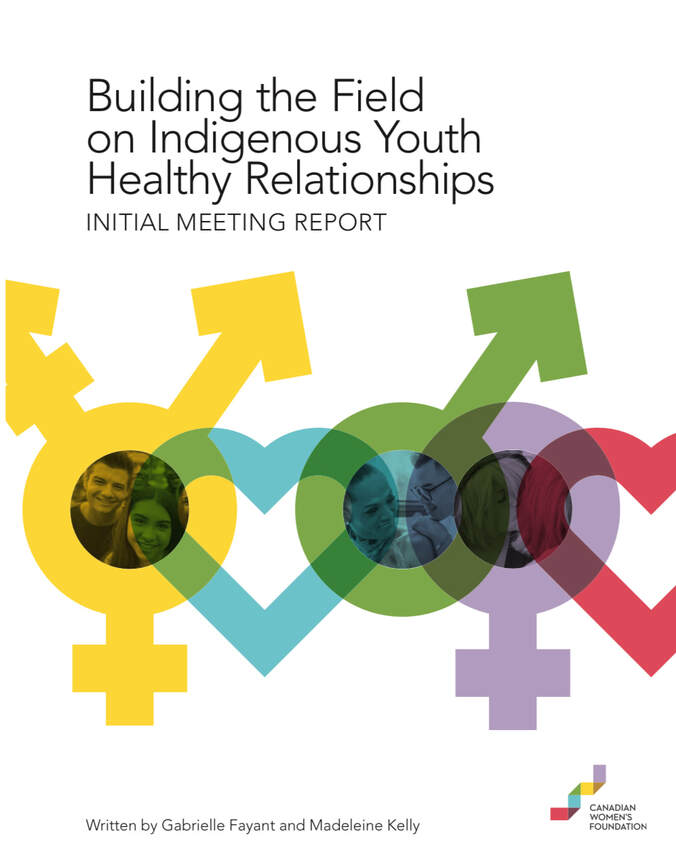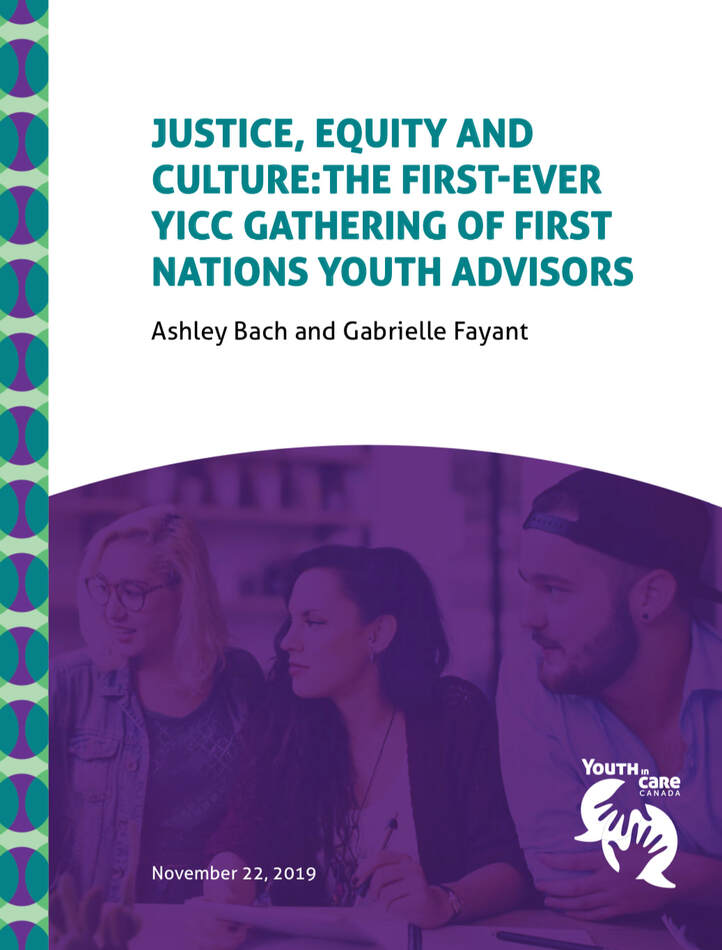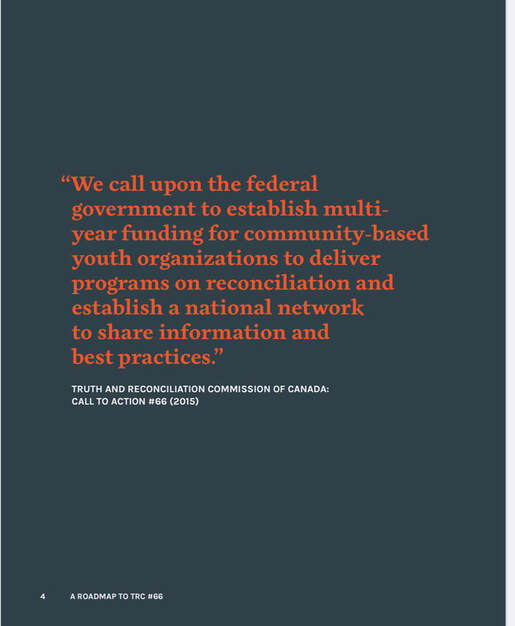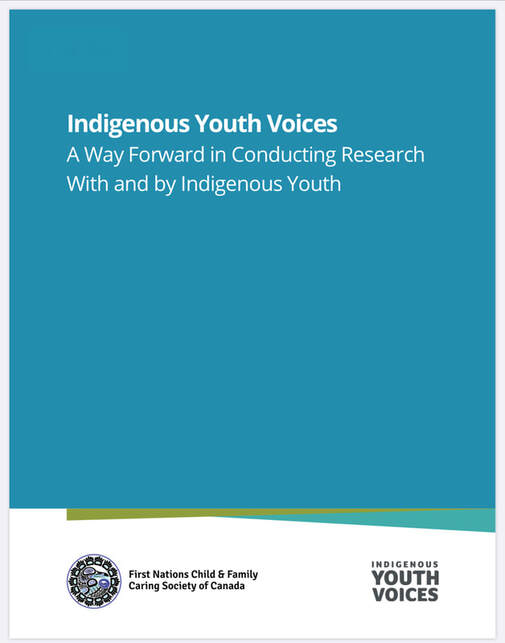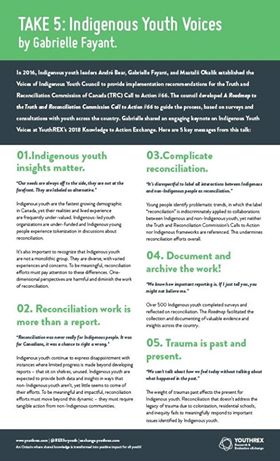Meaningful Connections through Commemorations
The goal of this report is to ensure that the municipality that resides on Unceded Algonquin territory has the ability and awareness to move forward with pursuits of restoring relations with the Indigenous communities in an ethical way.
The significance of this report is evident to the Indigenous communities navigating life as a minority on their own lands; hopefully the City of Ottawa sees the urgency and follows through on its promises to uphold everyone’s well being in all 24 wards and to the Indigenous communities that have provided them with these statements.
The significance of this report is evident to the Indigenous communities navigating life as a minority on their own lands; hopefully the City of Ottawa sees the urgency and follows through on its promises to uphold everyone’s well being in all 24 wards and to the Indigenous communities that have provided them with these statements.
| meaningful_connections_report.pdf | |
| File Size: | 1269 kb |
| File Type: | |
A Labour of Love:
The Unpaid and Exploited Labour of Grassroots and Community-Based Indigenous Youth Groups
This report was funded by Justice Canada – UN Declaration Act Implementation Secretariat to amplify the voices of Indigenous youth in the implementation of the UN Declaration Act, including the development of an Action Plan. We believe that TRC 66, if implemented in a good way, responds to Articles 8, 11, 12, 13, 14, 19, 21, 22, 23, 24, 25, 26 and 39 of the United Nations Declaration on the Rights of Indigenous Peoples.
| labouroflovereport.pdf | |
| File Size: | 4288 kb |
| File Type: | |
From Discriminations to Meaningful Work:
A Look into the Status of Urban Indigenous Youth Employment.
We are very grateful to the National Association of Friendship Centres for
reaching out to us to take on this work. The Friendship Centres play such
a big role in the lives of so many urban Indigenous youth. Some of us are
“Friendship Centre Babies,” some of us got our first job or role on a Board
at the Friendship Centres and some of us have attended workshops and
programs that have supported our connections to community. So often
the experience of urban Indigenous people is forgotten but the Friendship
Centres are always advocating for better.
We want to extend so much gratitude and humility to all the youth that filled
out our survey! It was just a simple survey with no big incentives
to give back but almost 400 Indigenous youth took the time to
respond to this survey. We take the trust you have in us very
seriously and will use this report to push your voices forward.
reaching out to us to take on this work. The Friendship Centres play such
a big role in the lives of so many urban Indigenous youth. Some of us are
“Friendship Centre Babies,” some of us got our first job or role on a Board
at the Friendship Centres and some of us have attended workshops and
programs that have supported our connections to community. So often
the experience of urban Indigenous people is forgotten but the Friendship
Centres are always advocating for better.
We want to extend so much gratitude and humility to all the youth that filled
out our survey! It was just a simple survey with no big incentives
to give back but almost 400 Indigenous youth took the time to
respond to this survey. We take the trust you have in us very
seriously and will use this report to push your voices forward.
| _discrimination_to_meaningful_work_report_v5f.pdf | |
| File Size: | 1434 kb |
| File Type: | |
Braiding Grassroots Wisdom
We want to acknowledge all the wisdom and knowledge that was shared with us during the creation of this toolkit from past, present and future Indigenous youth.
Chi-miigwech, kinanastomitanan to Nimkii Azibikoong Youth Collective, The Indigenous Support Project, Young Indigenous Women’s Utopia, Revitalizing Our Sustenance, Chokecherry Studios, Reclaiming Our Roots, Western Arctic Youth Collective, Stoney Nakoda Youth Council, Georgian Bay Anishinabek Youth (GBAY), Indigenous Harm Reduction, Fishing Lake Metis Settlement, Niizh Manidook Hide Camp, our hosts Shanese Steels, Reeta Koostachin and Quinn Mewasige, all the folks that tuned into the webinars and supported
behind the scenes.
Thank you to Assembly of Seven Generations (A7G) and everyone in its network for continuing the work of bringing communities together and working toward the implementation of TRC Call to Action 66. This work
continues for those that have left us too soon, those that needed community the most but could not find it and those that will need community now and in the future.
We would also like to thank the Youth Hope Fund and those that nominated A7G for this fund, a fund that was created from many years of advocacy of Indigenous youth and their supporters who hope to see an end to the
ongoing suicide and mental health crisis that affects so many Indigenous youth. This fund is administered by Indigenous Services Canada.
As well as Tewegan Aboriginal Housing who continues to support the ongoing work of A7G and made this toolkit possible.
Community work is never singular or individual. This toolkit is yet another example of what we can create together.
Chi-miigwech, kinanastomitanan to Nimkii Azibikoong Youth Collective, The Indigenous Support Project, Young Indigenous Women’s Utopia, Revitalizing Our Sustenance, Chokecherry Studios, Reclaiming Our Roots, Western Arctic Youth Collective, Stoney Nakoda Youth Council, Georgian Bay Anishinabek Youth (GBAY), Indigenous Harm Reduction, Fishing Lake Metis Settlement, Niizh Manidook Hide Camp, our hosts Shanese Steels, Reeta Koostachin and Quinn Mewasige, all the folks that tuned into the webinars and supported
behind the scenes.
Thank you to Assembly of Seven Generations (A7G) and everyone in its network for continuing the work of bringing communities together and working toward the implementation of TRC Call to Action 66. This work
continues for those that have left us too soon, those that needed community the most but could not find it and those that will need community now and in the future.
We would also like to thank the Youth Hope Fund and those that nominated A7G for this fund, a fund that was created from many years of advocacy of Indigenous youth and their supporters who hope to see an end to the
ongoing suicide and mental health crisis that affects so many Indigenous youth. This fund is administered by Indigenous Services Canada.
As well as Tewegan Aboriginal Housing who continues to support the ongoing work of A7G and made this toolkit possible.
Community work is never singular or individual. This toolkit is yet another example of what we can create together.
| BraidingGrassrootsWisdon.pdf | |
| File Size: | 3412 kb |
| File Type: | |
Children Back, Land Back: A Follow-Up Report
to the 1st Ever Gathering of First Nation Youth
in Care Advisors - Dec 2021
It was recently announced that an agreement-in-principle has been reached on long-term reform of the First Nations Child and Family Services Program and Jordan’s Principle.
In November 2019, A7G along side the Caring Society and Youth In Care Canada helped facilitate and organize the First-Ever YICC Gathering Of First Nations Youth Advisors which resulted in the creation of Justice, Equity And Culture: The First-Ever YICC Gathering Of First Nations Youth Advisors Report.
The youth we spoke to in 2019 shared their stories as well as their recommendations on a way forward. We listened and honoured their recommendations by hosting a follow-up gathering at a very critical time for the future of youth and children in and from care.
This past November, A7G hosted 2 focus groups and a national survey. In just a few short weeks, we heard from over 100 Indigenous youth and children who had experienced child welfare. The young people that bravely shared their experiences and knowledge with us, offered more guidance and recommendations that influenced the agreement-in-principle which we hope will turn into action and change as soon as possible.
We are happy to share with you the Children Back, Land Back Report: A Follow-Up Report to the 1st Ever Gathering of First Nation Youth In Care Advisors.
Chi-miigwech, kinanaskomitin, qujannamiik, thank you to everyone that took the time to participate and share. Thank you to Ashley Bach, Cindy Blackstock and the Caring Society for your years of advocacy and commitment to seeing justice for children and youth. Thank you for trusting us with this work and we will always continue to fight to see justice for you all.
In November 2019, A7G along side the Caring Society and Youth In Care Canada helped facilitate and organize the First-Ever YICC Gathering Of First Nations Youth Advisors which resulted in the creation of Justice, Equity And Culture: The First-Ever YICC Gathering Of First Nations Youth Advisors Report.
The youth we spoke to in 2019 shared their stories as well as their recommendations on a way forward. We listened and honoured their recommendations by hosting a follow-up gathering at a very critical time for the future of youth and children in and from care.
This past November, A7G hosted 2 focus groups and a national survey. In just a few short weeks, we heard from over 100 Indigenous youth and children who had experienced child welfare. The young people that bravely shared their experiences and knowledge with us, offered more guidance and recommendations that influenced the agreement-in-principle which we hope will turn into action and change as soon as possible.
We are happy to share with you the Children Back, Land Back Report: A Follow-Up Report to the 1st Ever Gathering of First Nation Youth In Care Advisors.
Chi-miigwech, kinanaskomitin, qujannamiik, thank you to everyone that took the time to participate and share. Thank you to Ashley Bach, Cindy Blackstock and the Caring Society for your years of advocacy and commitment to seeing justice for children and youth. Thank you for trusting us with this work and we will always continue to fight to see justice for you all.
| Children Back, Land Back.pdf | |
| File Size: | 4562 kb |
| File Type: | |
Youth Opportunities Fund - Year 2 & 3 Report
Led by The Students Commission of Canada (2021)
|
YEAR 2 REPORT
This report was completed to better understand the outcomes of A7G in all the work that they do with Indigenous Youth. Four interviews with people who play different roles in the A7G community were conducted and were later transcribed and analyzed for recurrent themes. The interviewees included an Elder and advisor to the project, one of the cofounders, a youth participant, and a youth member of the A7G community who is also on the board. The recurrent themes found in the interviews were divided into two different sections: (1) What does A7G do? and (2) How do they do it?
|
YEAR 3 REPORT
This report was completed to better understand the role of the A7G Marketplace in the community: Why it is important and what impacts it is having on youth and the wider community? One focus group was held via Zoom with people who play different roles in the A7G community including both staff and youth participants. This focus group was later transcribed and analyzed for recurrent themes. These themes were divided into 5 different sections described below. 1. The Roots of the Market 2. Strengthening Relationships 3. Building Up Young People 4. Challenges 5. Ideas for the Future
| ||||||||||||
Accountability in our Lifetime: A Call to Honour the Rights of
Indigenous Youth & Children (February 2021)
It is unclear how and if Bill S-210 contemplates the unique experiences of First Nations, Metis and Inuit children and youth, and how a Bill of this nature would uniquely impact the lives of First Nations, Metis and Inuit children and youth. The Bill does not contemplate Canada’s long-standing human rights violations against Indigenous children and youth, as substantiated by the Canadian Human Rights Tribunal (2016 CHRT 2), the Truth and Reconciliation Commission and the National Inquiry into Missing and Murdered Indigenous Women and Girls.
| accountability_in_our_lifetime.pdf | |
| File Size: | 6526 kb |
| File Type: | |
UNICEF: Reimagine Playbook
LAND BACK: Indigenous Youth Leading the Way in Indigenous
Sovereignty (November 2020)
A7G played a unique role in advising on, developing and hosting the Stay In to Speak Out session on Indigenous Sovereignty, which brought together Indigenous and non-Indigenous youth from across Canada who organize within or are interested in the Land Back movement to discuss their experiences and calls to action. The session connected Indigenous youth leaders who are leading sovereignty movements in their territories to discuss needs and goals. Together, we developed a report entitled, Land Back: Indigenous Youth Leading the Way in Indigenous Sovereignty. This report provides an opportunity for all Canadians to have a holistic understanding of the foundation and current actions that encompass some Land Back movements. The following statement provides a small understanding of what was discussed during the session. This is an opportunity to read the report in its entirety and meaningfully participate in the Calls to Action.
| https://oneyouth.unicef.ca/sites/default/files/2020-12/Reimagine%20Playbook_FINAL.pdf | |
| File Size: | 6865 kb |
| File Type: | |
Youth Opportunities Fund - Year One Report
Led by The Students Commission of Canada (2020)
Here is our tree model which shows the process of the work we do. To see the full report, download the file below.
| YOF Year 1 Report.pdf | |
| File Size: | 9058 kb |
| File Type: | |
Yellowhead Institute Briefings (2020)
Mapping Indigenous Youth Services - Ottawa (2020)
Over the course of three months, we have worked on a report that maps and highlights Indigenous youth services in Ottawa. The findings came from a literature review, environmental scan, community outreach and a focus group (that was held on February 7, 2020), led by Indigenous youth. We want to highlight that this report was researched and written by three Indigenous youth alongside our co founder Gabrielle Fayant.
In addition to the report, we have created an online resource of Indigenous services within the Ottawa region. You can view the resource here: https://www.google.com/maps/d/u/0/viewer?mid=1WrcMfg2dmMjEWADW2tMbWjuKT172FrMB&ll=45.41906177922785%2C-75.70117000000005&z=11
To download file:
| mapping_indigenous_youth_services_a7g_-_final_.pdf | |
| File Size: | 347 kb |
| File Type: | |
Building the Field on Indigenous Youth Healthy Relationships: Initial
Meeting Report (2020)
This report is situated within the context of many other initiatives working to address this violence and support building healthier relationships; however, there remain many challenges. Through the work of Indigenous Youth Voices, summarized in the report “A Roadmap to the Truth and Reconciliation Commission Call to Action #66 and based on hearing from over 500 Indigenous youth in Canada, Indigenous youth reported their challenges and solutions, and how they felt about reconciliation.
To download file:
To download file:
| btf_fnmi_hub_first_meeting_report.pdf | |
| File Size: | 1121 kb |
| File Type: | |
Youth in Care Canada Gathering of First Nations
Youth Advisors (Nov 2019)
The youth who attended the gathering are committed to advocating for child welfare reform and for their communities, families and peers and they are referred to in this report as Youth Advisors. The report also describes historical discrimination in Indigenous child welfare systems, how the gathering was developed and the planning process used by the Youth Advisors to navigate through difficult conversations. The Youth Advisors focused their discussions on child welfare reform and what it would take for Indigenous youth to feel heard and feel important. In addition to their recommendations for child welfare reform, their initial thoughts on
receiving compensation and hoped for next steps are detailed.
To download file:
receiving compensation and hoped for next steps are detailed.
To download file:
| 38228_chrt_compensation_report_v5_final.pdf | |
| File Size: | 264 kb |
| File Type: | |
Indigenous Youth Voices - Roadmap to TRC 66 (2018)
The network consists of First Nations, Inuit and Métis youth aged 30 and under. We invited Indigenous youth, youth councils, groups and organizations to unite and work together with the common goal of having our voices heard. Our focus was not on drawing attention to any one particular youth issue, but on connecting existing visions and amplifying the perspectives and priorities that they represent and include them into the roadmap.
"Our realities are important, and despite being the most vulnerable people in this country we are also the fastest growing demographic in Canada. Our priorities matter. Our solutions matter."
"Our realities are important, and despite being the most vulnerable people in this country we are also the fastest growing demographic in Canada. Our priorities matter. Our solutions matter."
| final__2_-_indigenous_youth_voices_-_roadmap_to_trc_66_-_compressed.pdf | |
| File Size: | 1434 kb |
| File Type: | |
Indigenous Youth Voices
A Way Forward in Conducting Research With and by Indigenous Youth (2019)
Indigenous Youth Voices (IYV) is excited to announce that, in partnership with the First Nations Child and Family Caring Society (the Caring Society), has received the SSHRC Indigenous Research Capacity and Reconciliation—Connection Grants
Our goal is to ensure that the knowledge produced by this research will empower Indigenous youth to better identify research, programs and services that work and do not work for them, and will also support youth in conducting their own youth-led research. The knowledge shared in the gatherings will inform a position paper to SSHRC on best practices for engaging with Indigenous youth in a holistic and ethical way.
Currently, IYV has conducted 6 sessions in Ottawa, Haida Gwai, Edmonton and Toronto. Sessions included LGBTQ2S+, urban Inuit, Metis, and diverse Indigenous youth leaders from Toronto and Winnipeg.
Our goal is to ensure that the knowledge produced by this research will empower Indigenous youth to better identify research, programs and services that work and do not work for them, and will also support youth in conducting their own youth-led research. The knowledge shared in the gatherings will inform a position paper to SSHRC on best practices for engaging with Indigenous youth in a holistic and ethical way.
Currently, IYV has conducted 6 sessions in Ottawa, Haida Gwai, Edmonton and Toronto. Sessions included LGBTQ2S+, urban Inuit, Metis, and diverse Indigenous youth leaders from Toronto and Winnipeg.
| indigenous_youth_voices_a_way_forward_in_conducting_research_with_and_by_indigneous_youth.pdf | |
| File Size: | 617 kb |
| File Type: | |
YouthRex - Indigenous Youth Voices
|
IIn 2016, the Honourable Minister of Crown-Indigenous Relations and Northern Affairs, Carolyn Bennett, appointed Indigenous youth leaders André Bear, Gabrielle Fayant, and Maatalii Okalik to establish the Voices of Indigenous Youth Council to provide implementation recommendations for the Truth and Reconciliation Commission of Canada (TRC) Call to Action #66: “We call upon the federal government to establish multi year funding for community-based youth organizations to deliver programs on reconciliation, and establish a national network to share information and best practices.” The council developed A Roadmap to the Truth and Reconciliation Commission Call to Action #66 to guide the process, based on surveys and consultations with youth across the country. Gabrielle shared an engaging keynote on Indigenous Youth Voices at YouthREX’s 2018 Knowledge to Action Exchange. Summarized are 5 key messages from this talk.
| ||||||

